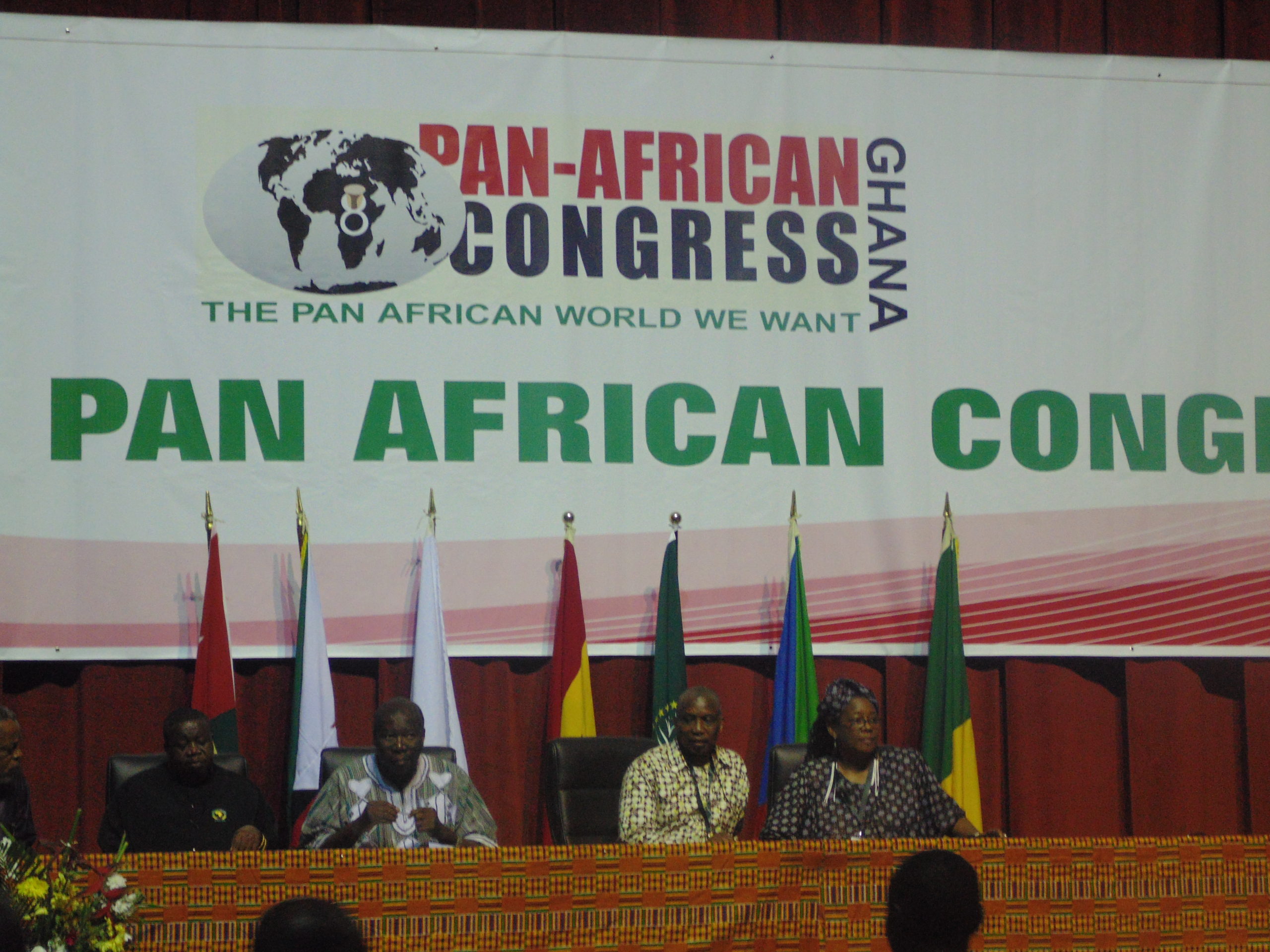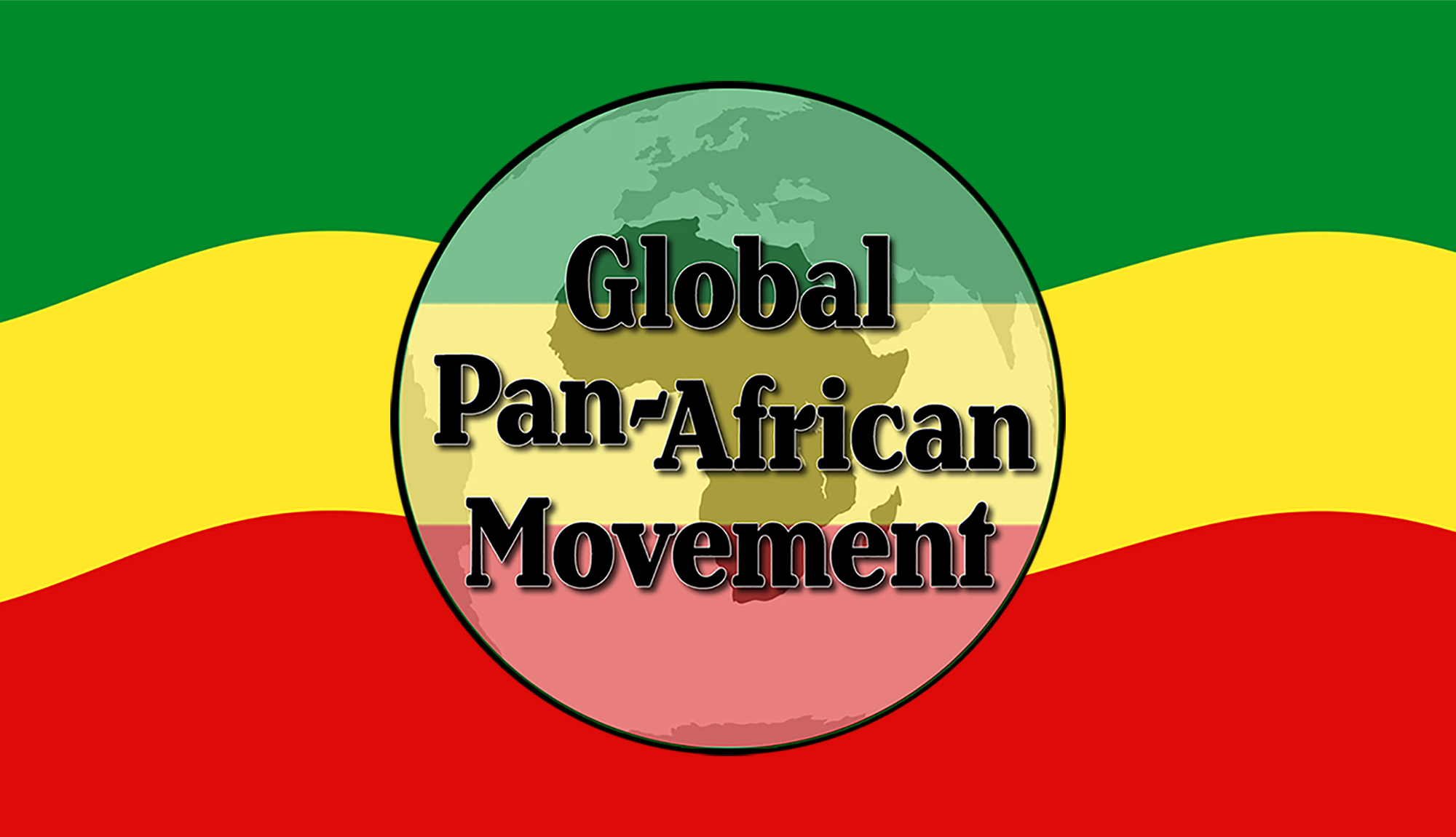Demands and campaigns for reparations for slavery have a long and persistent history involving Pan-African struggles: from the enslaved and formerly enslaved demanding atonement, redress, compensation, and restitution, to contemporary organizations devoted to pressing for amends for past wrongs. At the OAU Abuja Summit, held in 1993, numerous politicians, heads of states, activists, scholars and artists came together to rally and negotiate the legal and strategic means towards reparations. In 2001, the Goree Initiative on the case of reparations united Global African movements. This was part and parcel of the global Pan African mobilization that drove the energies to bring about the Third UN World Conference against Racism, Discrimination, Xenophobia and Related Intolerance (WCAR). The UN WCAR was a significant moment in advancing the worldwide acknowledgment of claims for reparations on the basis that slavery and the [white] transatlantic slave trade constitute crimes against humanity. At the WCAR, Western nations and the European Union refused to apologize, mainly to avoid potential successive reparation litigation. State leaders of South Africa, Senegal and Nigeria betrayed Global Africans by removing their support for reparations. Under the leadership of South Africa, the leadership proposed New Partnership for Africa’s Development (NEPAD) instead of a vibrant campaign for reparative justice. On October 18, 2023, the Global Pan African Movement, North America Delegation (GPAM), held an internal education session on Reparations and contemporary intellectual and ideological struggles. The session, led by Jessica Ann Mitchell Aiwuyor, Zophia Edwards, and Kailey Smith, covered the brief history and spectrum of the reparations movement with a focus on the US and the Caribbean. Below are the resolutions that were agreed upon:
- As the GPAM, North America delegation, we are working on stolen land, so any call for reparations must be in solidarity with Indigenous and First Nations peoples and their struggles.
- The developments within the reparations movement calls for intensified efforts to educate Global Africa on the historical background of the struggles for reparative justice.
- Reparations is often diminished to monetary compensation, but GPAM underscores that reparations is a multi-front demand to redress the social, economic, political, psychological, technological, environmental, and structural harms of slavery and the slave trade on the basis of reparative justice.
- Beyond monetary entails educational programs and technology transfers that were denied to Africans and descendants of Africans for centuries. The 10-point plans listed below provide extensive explanation beyond monetary entails.
- GPAM joins the First Nations and Indigenous peoples that continue to demand reparations begin with the restoration and healing of nature and Earth.
- The Caribbean Community’s (CARICOM) Reparations Commission’s 10-point plan can serve as a strong basis for discussions on reparations in all parts of Global Africa. For a focus on the United States, the National African American Reparations Commission’s (NAARC) 10 point reparations program can serve the same purpose.
- The Global Pan African Movement is opposed to strategic efforts to divide Global Africans by bringing in the language of lineage in reparations. Lineage based reparations is a constriction that limits those receiving compensation be able to trace and prove that they are descendants of the enslaved. Lineage based reparations not only attempts to rigidly and ahistorically categorize Black identities, but this attempt derails reparations and harms communities by creating costly barriers, ineffective processes, and invasive background checks. In an attempt to exclude specific groups from achieving reparations, lineage-based reparations compromises the movement as a whole.
- We join calls for the repatriation of cultural artifacts and the remains of human beings to communities from which they were stolen and abducted from. The discourse that Africans are unable to take care of returned artifacts is hypocritical and paternalistic. Not only African states, but also African communities to whom artifacts have social and political meanings and roles, should be included in the process of repatriation.
- The collective action by states and transnational institutions worldwide must elevate and center the voices of the masses and their concerns in the struggle and demands for reparative justice.
- Progressive political and social groups in Africa must start creating bottom-up frameworks for reparative justice, increase inclusivity at the grassroots level, and connect with Global Africans that have long championed the reparations movement.
- We call on the African Union to establish a reparations commission.
- We support justice to Global African women and girls who were not only forced into “hard labor,” but also subjected to domestic and reproductive labor exploitation, and sexual and gendered violence.
- We have noticed the efforts to NGOize the questions of reparations. This is an effort to erase the anti-capitalist thrust of the global reparation movement. The global reparations movement is for collective reparations and thus will link to the reparative claims of all oppressed peoples: Dalits, Palestinians, Roma, Sahrawi, First Nations peoples and all other oppressed nationalities. This clarity will inspire the global reparations movement to rise above divisive tactics so that there is no contradiction in calling for reparations for the enslaved and for indentured servants.
- We recognize that the movement for reparations is situated within a larger struggle against systems based on exploitation and oppression, i.e., colonialism and capitalism.
- We demand the recognition of stolen and uncompensated technological innovations and knowledge taken from global Africans for the accumulation of capitalist wealth.
- There is an irony among states that repress the people in their territories as they call for reparations of past crimes against humanity. Alongside the call for reparations, progressive reparative activists need to internally engage in restorative and reparative justice.


